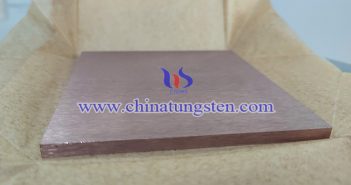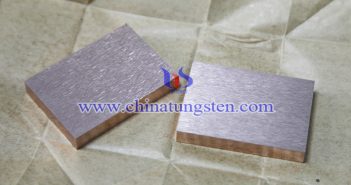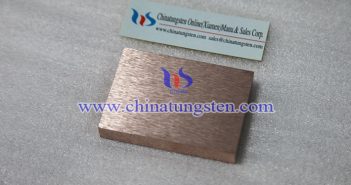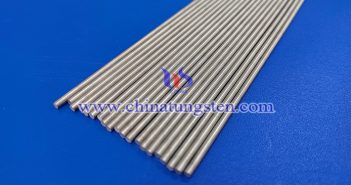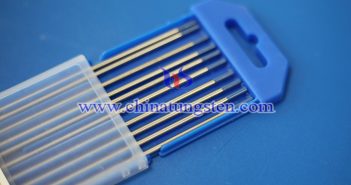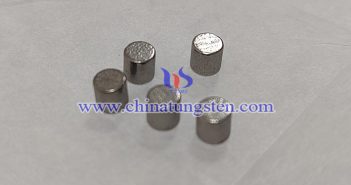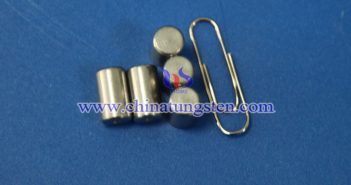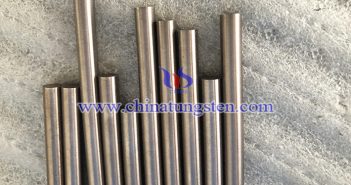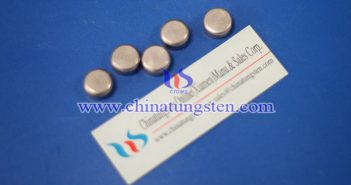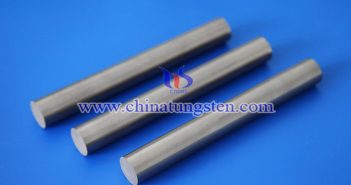
Tungsten carbide copper alloy, often referred to as WC-Cu, is a composite material composed of tungsten carbide matrix infiltrated with copper. The combination of these two materials results in a high-performance alloy with unique properties, making it suitable for various applications. Here are some key characteristics and uses: High Thermal Conductivity: Copper provides excellent thermal conductivity to the alloy. This property makes this alloy useful in applications where efficient heat dissipation is essential. High Electrical Conductivity: Copper is an excellent…

